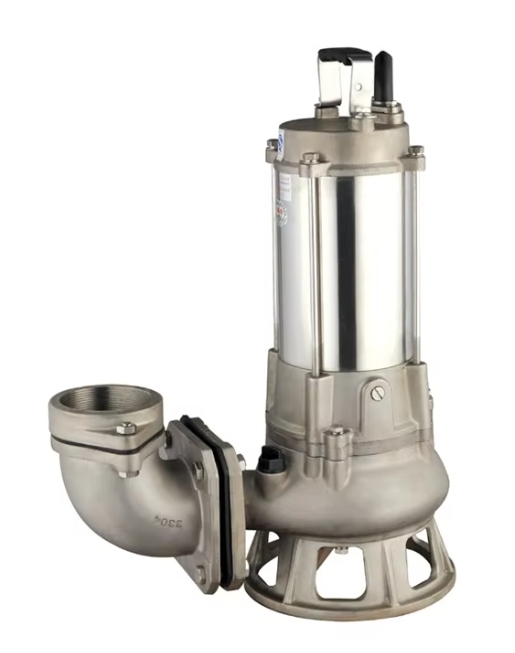The Promising Future of Submersible Sewage Pumps: Building on Current Advantages
The Promising Future of Submersible Sewage Pumps: Building on Current Advantages
Submersible sewage pumps have already established themselves as an integral part of wastewater management systems. As technology continues to evolve at a rapid pace, these pumps are poised to further enhance their performance and expand on their existing advantages.
One area of significant development is in materials science. Researchers are constantly exploring new and innovative materials that can offer even greater corrosion resistance, durability, and strength. For example, the use of advanced composite materials in the construction of pump casings and impellers could lead to pumps that are not only lighter but also more resistant to the harsh chemicals and abrasive solids found in sewage. This would not only extend the lifespan of the pumps but also contribute to energy savings, as lighter components require less energy to rotate.
Another aspect of future development is the optimization of impeller designs. Future submersible sewage pumps may feature impellers with more refined vane shapes and sizes. These advanced designs could further enhance the pump's ability to handle solids, reduce the likelihood of clogging, and improve overall efficiency. Computational fluid dynamics (CFD) technology is being increasingly utilized to simulate the flow of liquid and solids through the pump, enabling engineers to fine - tune the impeller design for maximum performance.
Smart technology is also set to play a pivotal role in the future of submersible sewage pumps. Pumps could be equipped with more sophisticated sensors that can provide real - time data on a wide range of parameters, including flow rate, pressure, temperature, and even the composition of the wastewater. This data can be used to optimize the pump's operation, predict maintenance needs, and ensure the overall efficiency of the wastewater treatment system. For example, if the sensor detects a sudden increase in the concentration of solids in the wastewater, the pump's speed could be automatically adjusted to prevent clogging.
In addition, the development of more energy - efficient motors is on the horizon. New motor technologies, such as brushless DC motors, are being explored for use in submersible pumps. These motors offer higher efficiency, longer lifespan, and better control over the pump's speed, which can lead to substantial energy savings in wastewater management systems.
Finally, there is a growing emphasis on environmental sustainability. Future submersible sewage pumps may be designed with a greater focus on reducing their environmental impact. This could include minimizing the use of hazardous materials in their construction, improving the recyclability of pump components, and further reducing energy consumption. As the world becomes more environmentally conscious, submersible sewage pumps will need to adapt to these changing requirements while maintaining their high - performance standards.





